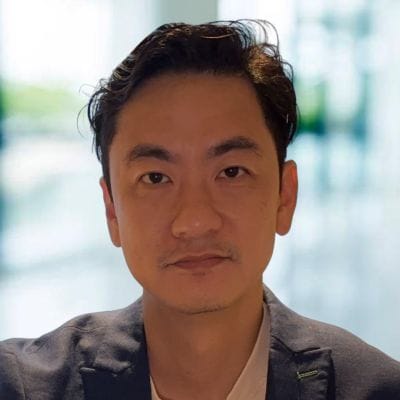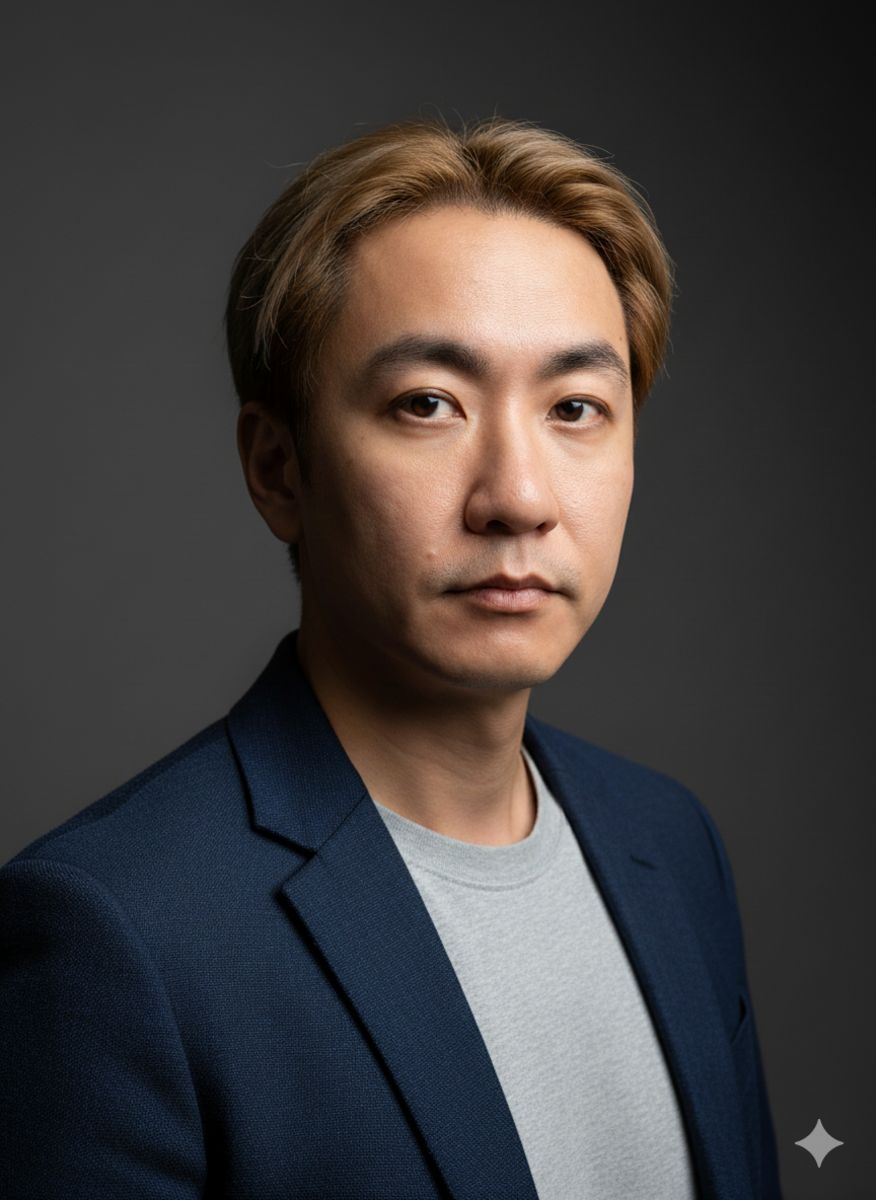So apparently, I've become that guy on LinkedIn. You know the type – the stereotypical Singaporean who's always whining and complaining about everything under the sun. My recent posts about our local issues have been going viral faster than a kopitiam uncle sharing conspiracy theories about 5G towers, and one even caught the attention of a South China Morning Post journalist. Yes, I made it to international media for complaining. My late mother will be so proud.
But before you roll your eyes and mutter "aiyah, another keyboard warrior," let me make my case for why Singapore desperately needs more complainers, not fewer.
This issue is brought to you by Wispr Flow
You know that moment when you're dictating and your phone turns "let's grab coffee" into "let's crab toffee"?
That's why I switched to Wispr Flow a few months ago. As someone who writes viral LinkedIn posts and gets cited by international media, I need a transcription that actually works.
Here's what sold me: it understands context. When I say "KYC policies" or "SCMP," it doesn't butcher professional jargon like other apps. It captures about 95% correctly on the first pass, so I spend less time editing and more time thinking.
Plus it works seamlessly across devices – start dictating on my phone during lunch, continue on laptop back at the office. No more frantically typing notes that I lose later.
If you think faster than you type, Wispr Flow is worth trying. Free trial, no credit card required.
My productivity has noticeably improved, and my typing-induced RSI is basically gone.
P.S. – This entire ad was dictated using Wispr Flow during my coffee break.
The Paradox of Progress Through Protest
Here's the thing about complaints in Singapore – they actually work. Remember when we all kpkb-ed about the Circle Line breakdowns? Those mysterious delays that made you late for everything? The public outcry triggered investigations, revealed metal shavings in the signalling system, and resulted in a complete maintenance overhaul.
When parents complained relentlessly about PSLE stress destroying their children's childhoods, we got the abolition of T-scores. When public criticism exposed poor living conditions in foreign worker dormitories during the COVID-19 pandemic, new regulations improved the situation for thousands. The pattern is clear: complain strategically, and things change. Stay silent, and enjoy expensive kopi with the status quo.
Strategic Whining vs. Professional Victimhood
Now, I'm not advocating for becoming a serial complainer who finds fault with gravity. There's a crucial distinction between productive criticism and mere keyboard warfare – it lies in personal agency.
I don't rant about my expanding waistline or my tragic inability to wake up before 10 am on weekends. These are entirely within my control. I can choose salad over char kway teow (though my soul dies a little), and I can set seventeen alarms like a responsible adult.
However, systemic issues – such as wealth exodus due to strengthened KYC policies, housing affordability that makes double-income couples struggle, and transport policies seemingly designed by people who've never taken the MRT during peak hours – these aren't problems that personal willpower can solve. No amount of positive thinking fixes broken systems. These require collective voice, sustained pressure, and yes, strategic complaining.
The Democracy of Dissent
The beauty of productive complaints is that they democratise change. You don't need a PhD in public policy or parliamentary connections to point out that something smells fishy. Sometimes the emperor really has no clothes, and it takes one voice – initially dismissed as a "complainer" – to state the obvious.
This matters especially in Singapore, where our political system rewards consensus and discourages dissent. Real change often requires someone willing to step outside predetermined frameworks and say, "Hold on, this doesn't make sense."
Change often starts with one voice. Individual voices matter, particularly when articulating uncomfortable truths that challenge prevailing orthodoxies.
The Critical Lens We've Lost
What worries me most is how we've collectively lost our appetite for critical thinking. Too many have retreated into tribal loyalty that blinds us to obvious flaws. We've become so afraid of being labelled "complainers" or "ungrateful" that we've forgotten how to be discerning citizens.
This isn't about being perpetually negative. I love Singapore deeply, which is precisely why I refuse to accept "good enough" when we could be exceptional. Love without critical assessment isn't love – it's blind devotion. And blind devotion, while politically convenient, rarely leads to progress.
International Validation: When "Complaining" Becomes "Analysis"
Here's the kicker: my analysis of wealthy Chinese individuals leaving Singapore due to tightened KYC requirements didn't just go viral locally – it caught international attention and was cited in the South China Morning Post. What some dismissed as "complaining" about government policies was apparently sophisticated enough for international media coverage.
It's fascinating how perspective changes everything. The same observations that make you a "whiner" locally become "insights" when foreign journalists pick them up. The difference between "complaining" and "analysis" is often just platform and audience – the substance remains identical.
The Soul Tax of Silence
Here's what I've learned: staying silent when you see problems doesn't make you a model citizen – it makes you complicit. Every time you bite your tongue witnessing inefficiency or inequality in the name of "harmony," you pay a small tax on your intellectual integrity.
Over time, these taxes compound. You lose the ability to distinguish between what is and what ought to be. You become someone who defends the status quo not because it's good, but because it's familiar. You end up shrugging, "that's just how things are lah" when obvious improvements are suggested.
The Call to Action
So here's my challenge: reclaim your critical faculties. Put on your analytical lens. Question sacred assumptions. Point out inconsistencies everyone sees but no one mentions. Challenge policies that made sense years ago but need updating.
Yes, you might be labelled a complainer or told you're being "negative." Some will suggest you should "just leave if you're so unhappy." But you'll contribute to a culture where problems get addressed instead of ignored, where excellence isn't sacrificed for false harmony.
Singapore didn't become successful by accepting mediocrity. We got here by constantly pushing for better, refusing to settle. The same restless dissatisfaction that transformed a colonial backwater into a global city should guide us in perfecting what our founders started.
Our greatest threat isn't economic disruption – it's complacency. The gradual acceptance of declining standards because questioning seems impolite. The slow erosion of restless ambition that built this country.
And if all else fails, at least you might get quoted in international media. Your mother will finally have something better than your salary to brag about at mahjong.
This author believes love of country is best expressed through constructive criticism, not blind loyalty. When not annoying people on LinkedIn, he complains about the weather – which is completely outside his control and therefore fair game.


Adrian Tan
Say hi 👋 on LinkedIn
WHENEVER YOU'RE READY, HERE ARE 3 WAYS I CAN HELP YOU:
No More Bosses - My book on the journey to sustainable self-employment
Fractional Marketing Lead for HR Tech Vendors - Looking to scale? Leverage my expertise in driving marketing strategies and business growth.
Promote to my 16,000+ subscribers by sponsoring my newsletter.

Want to ruin my day? No problem! Unsubscribe below.
Do you want to share your journey or have feedback? Just hit reply - I'd love to hear from you!




